The case for speaking as the most important skill
Jonathon Ryan
A few weeks ago, I made the case for considering listening – too often the forgotten skill – as the most important of the four skills in language learning. I wasn’t entirely sure whether I believed this myself, as I’ve spent most of my career arguing that it was speaking. I was therefore pleasantly surprised when Maria countered by making an argument for reading – I didn’t see that one coming – and she made some excellent points about written texts as an information repository and how valuable she found this as a new migrant. Michael then followed up with the case for writing, with excellent points around precision, critical thinking, and the integration of skills, among others. So it seems only right for me to round out this series by making a fair case for speaking, lest it be forgotten and become ‘the new listening’.
Let’s consider firstly how much of our lives are spent interacting with others. I’ve been keeping tabs and now know that on a typical day in the office, I might interact with a few dozen people, and that’s not including any students. I spoke to at least 34 today, and it seemed quieter than usual. Sunday definitely was quiet, yet I still counted 13 different people that I spoke to. And the thing is, when I recall those conversations, they were highly varied in activity, purpose, and what was being communicated. Let’s consider a handful, all of which were in purely social situations.
There was a basic service encounter where I was not only wanting to receive a coffee and apple pie, but to ensure the encounter was frictionless. Afterall, I wanted the staff sufficiently on-side to provide good service and to welcome me back next time. Subconsciously, at some level I would have been aware that if I’d significantly violated social norms in the things I said or the way I said them, I’d risk getting an undesirable reputation of some sort (arrogant, weird, annoying), with a chance of being ostracized or worse (Trespassed? Arrested?). To be fair, these norms are deeply ingrained in my English self, but they don’t necessarily transfer when I’m in a second language context.
Then there was a conversation with a friend of my parents who’d dropped by their house. There, the task was to shoot the breeze, exchanging stories, opinions, and enquiries and responses. There was no business to be done other than the maintenance and building of rapport, so the implicit goals were to ensure that I presented myself in a positive way, that the conversation was satisfying, and that this visitor would leave with a positive impression. There was no time limit or schedule, so the goal was to fill in a suitable portion of the day, and then wind it up before anyone felt bored. At stake was my character in the eyes of this neighbour, and potentially a rub-off effect for my parents. None of this crossed my mind of course, and I might not have cared if it had gone badly, but on reflection, we know this to be true. As illustrated here, such social functions of language come easily to many (but not all) native speakers but they are notoriously difficult to sustain in a second language. This is, surely, one part of the reason that so many international students and migrants become isolated and lonely – it’s hard to perform these social aspects of life in a second language.
However, for me, the most complex conversation involved coordinating a particular activity, instigated by my offer to clean the ceilings. There was renegotiation over the task (I ended up cleaning the walls). There were requests for directions, and there were acknowledgements of warnings (e.g. damage to the ceiling). There were my enquiries over the equipment and cleaning products, my protestations that the product wouldn’t work, my later concession that it did work, and my exclamations and amazement of just how well it did work. There was other commentary on the results, followed by acceptance of a bottle of the same product and promises that I’d return to do more. I could go on. But, despite the simplicity and mundanity of the activity, it was only enabled by coordinated action by two parties and only made possible by complex communication. Imagine the communicative complexity when the activity in question is vastly more complicated, such as in many professional contexts.
Here, I’ve deliberately chosen to describe ordinary, trivial activities, but what should be clear is that we speak all the time – nearly always hand-in-hand with listening. We speak to get done the most basic but essential activities of everyday life, as well as many of the most complex activities. It is fundamentally in speaking where we build rapport with other people and where the basic human sociality takes place – reading and writing a barely peripheral role in this. And if we get our speaking wrong, appearing rude or unlikeable, it is to our enormous detriment.
Speaking, I’ve now convinced myself, is the most important of the skills.
